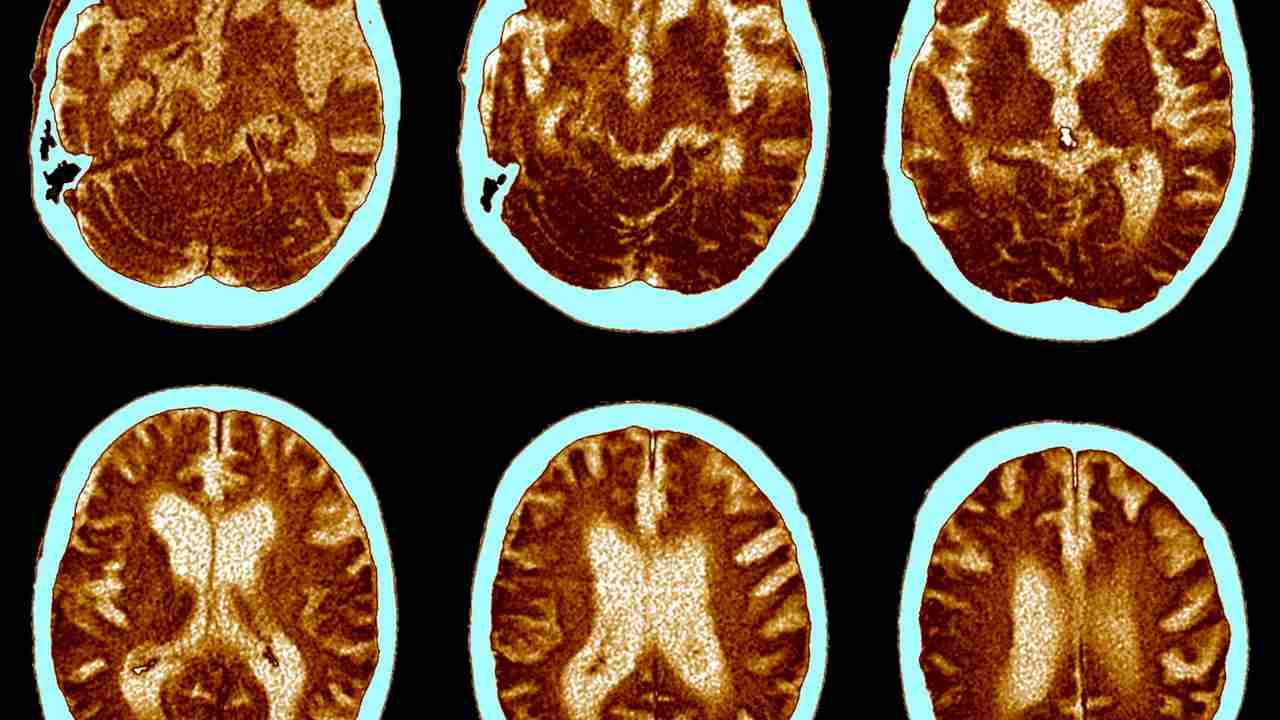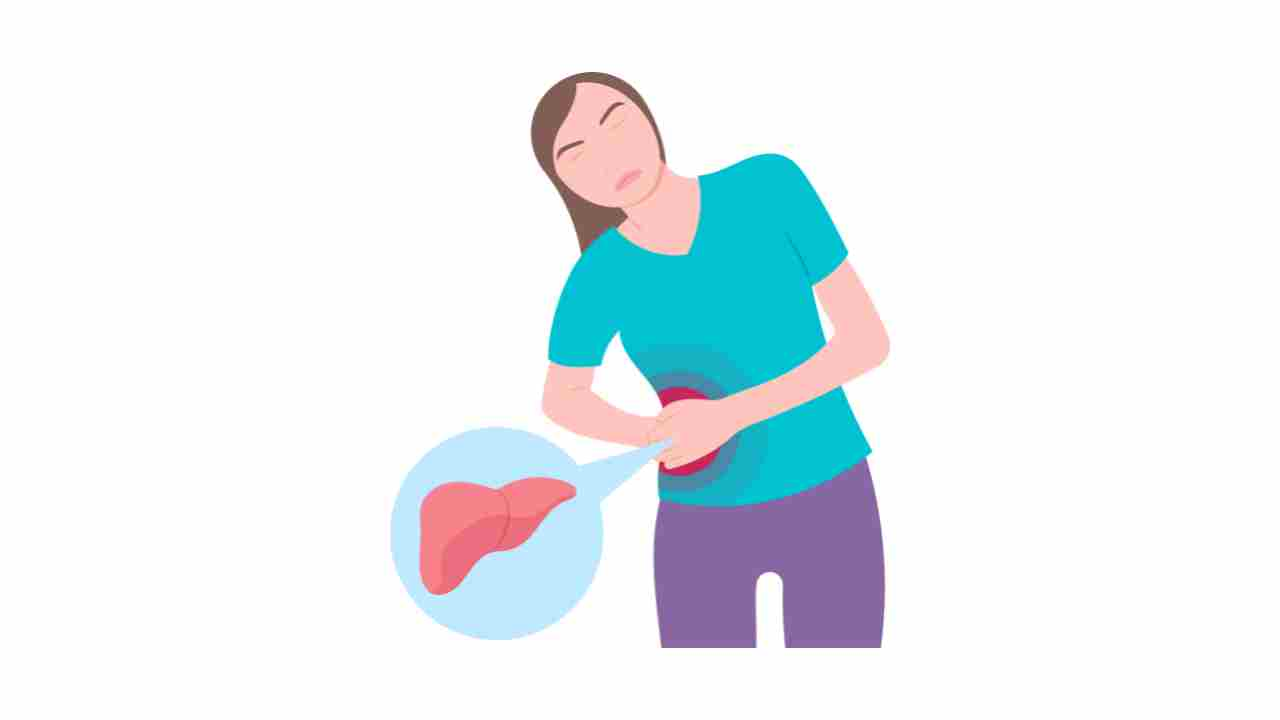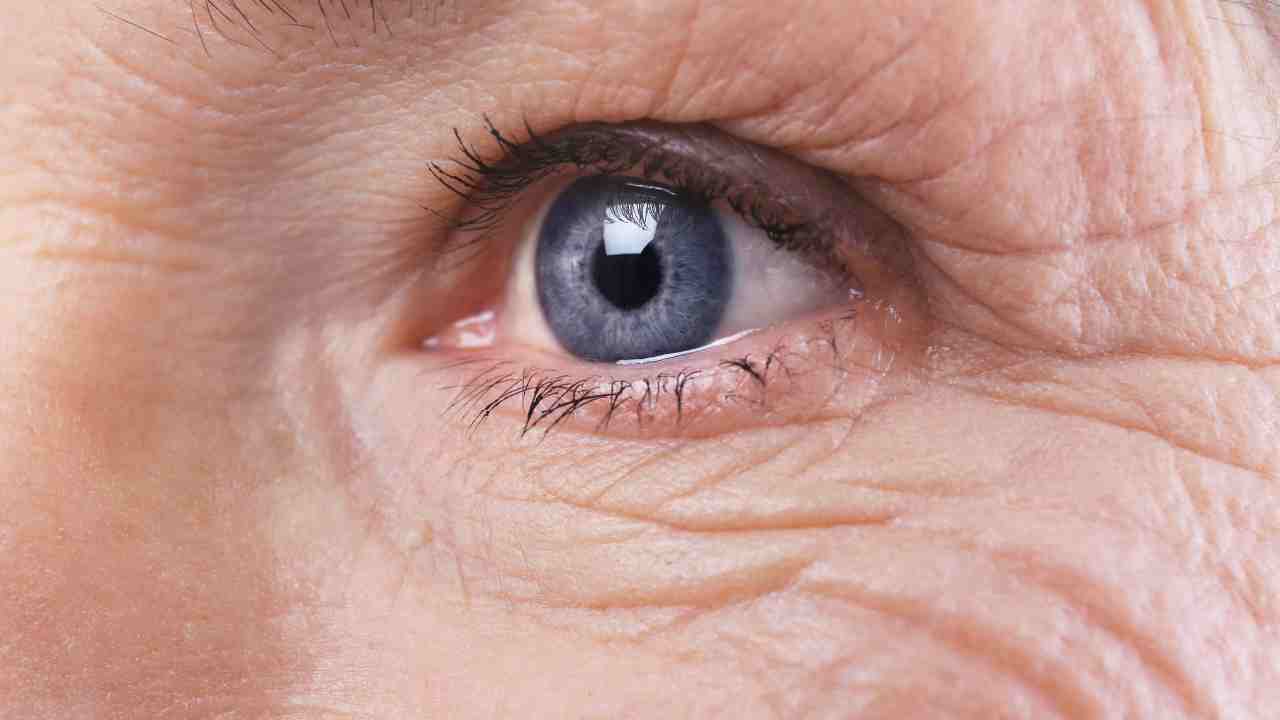-

Cognitive Stimulation in Alzheimer’s Disease: Benefits of Activity Books In the realm of Alzheimer’s care, the Alzheimer’s activity books emerges as a critical tool, meticulously crafted to cater to the nuanced needs of those affected by this degenerative condition. It’s packed with engaging exercises designed to stimulate the brain, foster emotional connections, and alleviate the…
-

Childlike Behaviors in Alzheimer’s Disease: Understanding Regression and Management Nearly 50 million people worldwide are living with dementia, a condition that strikingly causes many adults to revert to child-like behaviors. This phenomenon, often marked by emotional outbursts, dependency, and memory challenges, mirrors the developmental stages of young children. As dementia progresses, the deterioration of cognitive…
-

AHCC for Hepatitis B: Can a Mushroom Extract Help? You’ve perhaps heard about the possible health benefits of AHCC, specifically if you’re exploring natural adjunct therapies for Hepatitis B. This compound, derived from shiitake mushrooms, has shown potential in enhancing immune system responses that are significant in fighting viral infections like Hepatitis B. It’s fascinating…
-

Balancing Oncological Safety with Aesthetic Outcomes in Breast Cancer Treatment The aesthetic outcome of breast cancer surgery is increasingly recognized as a critical factor in patient satisfaction and emotional well-being. With the advent of advanced techniques like oncoplastic surgery and breast reconstruction, the emphasis has shifted from mere tumor removal to the preservation and enhancement…
-

Azacitidine-Induced Hepatotoxicity: A Review of Incidence, Risk Factors, and Management Strategies in Patients with Underlying Liver Disease Sailing through the waters of azacitidine therapy, you’re steering through potential storms, one of which could be azacitidine-induced hepatitis. It’s indispensable you’re aware that although the risk is mostly low, the consequences can be weighty, particularly if you…
-

Aerobic Exercise for Alzheimer’s Disease: Can It Improve Cognitive Function? Researchers are exploring non-pharmaceutical interventions to alleviate symptoms and slow the progression of Alzheimer’s disease as its prevalence continues to increase. Among these, aerobic exercise emerges as a particularly promising candidate. Studies indicate that regular aerobic activity not only boosts blood flow to the brain…
-

Thermoregulatory Dysfunction in Alzheimer’s Disease When you consider how Alzheimer’s disease affects thermoregulatory behavior, you’ll see it’s a vital challenge. In Alzheimer’s, the brain’s ability to maintain body temperature falters, causing patients to become more sensitive to heat and cold. This sensitivity can lead to increased confusion and agitation, complicating care. So, how can you…
-

Untangling the Connection: Abdominal Pain and Alzheimer’s Disease Alzheimer’s disease often masks myriad symptoms, not least of which is abdominal pain, a frequent yet underexplored complaint among patients. While caregivers may attribute discomfort to common gastrointestinal issues, the intertwining of neurological decline with less obvious medical conditions, such as abdominal epilepsy, suggests a more complex…
-

Fever in Patients with Alzheimer’s Disease Imagine your body temperature skyrocketing just because your brain is in turmoil—this is the reality for those experiencing Alzheimer’s Fever. You might wonder how neuroinflammation and thermoregulation intertwine so intricately in Alzheimer’s disease. Research points to elevated pro-inflammatory cytokines and prostaglandins disrupting the body’s ability to regulate heat. Why…
-

Facial Features in Alzheimer’s Disease When you hear about Alzheimer’s disease, you probably think of memory loss and cognitive decline, but have you considered how it might affect someone’s facial expressions? Subtle changes like muscle atrophy and less coordinated eye movements can be early indicators of the disease. By recognizing these signs through scientific advancements,…